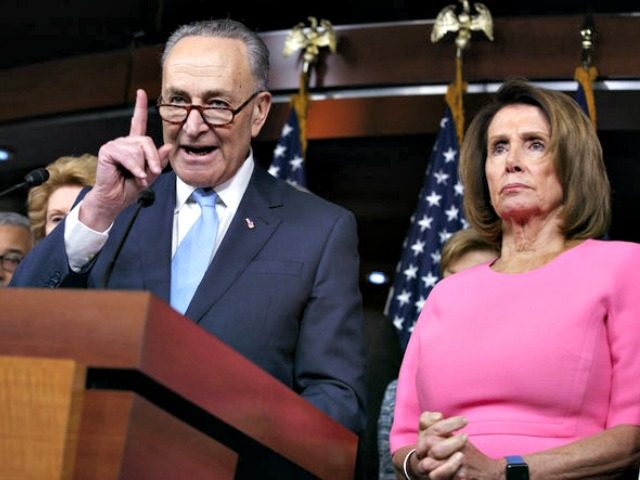By: Emily Kopp

Three days into his new role as a state representative, after a historic election in which Hispanic representatives were voted into the Georgia Capitol for the first time, state Rep. Pedro Marin found an ethics complaint on his desk, alleging him to be “federal Mexican agent.”
The complaint suffered from at least one glaring problem. Marin is from Puerto Rico.
Ten years later, some lawmakers on the state and national level still treat immigrants with suspicion and ill will, according to a panel of three experts hosted by the UGA Young Democrats in the Miller Learning Center on Sept. 18.
“I think the face of Georgia is absolutely changing, and I think you see that at the University of Georgia,” said Bonnie M. Youn, an immigration attorney and activist for undocumented persons. She remarked on the array of ethnicities represented in the 50 person audience. “I think with the changing face of the University of Georgia you also see tremendous political backlash.”
The University of Georgia campus has grappled with this issue since fall 2011, when the Board of Regents imposed a blanket ban on undocumented students. A total of 501 undocumented students of 310,000 enrolled in the state’s University System in fall 2010, before the ban was passed, less than 1 percent, according to a Board of Regents press release.
That policy spurred a coalition of UGA professors and other advocates to found Freedom University, a non-profit organization that provides access to college courses to qualified undocumented students. Freedom University has since gained such prominent proponents as Pulitzer Prize winning writer Junot Diaz, who was born in the Dominican Republic.
“What you have is the Georgia legislature saying, ‘we’re going to ban these Latino youth, predominately Latino youth, these undocumented youth from attending the top universities.’ For me, I think it’s unconscionable. I think it’s unethical,” Diaz said to NBCLatino. “I think every immigrant — whether undocumented or documented — is going to be the future America.”
“It’s important to discuss this issue and be well informed, whether you’re for or against,” said Claudia Perez, an activist with the Undocumented Student Alliance who attended the talk. A senior majoring in psychology and sociology from Marietta, Perez said “our campus is being deprived of great minds” because of the Board of Regents policy.
Panelist Dr. Bethany Moreton co-founded Freedom University. Parodying what she said is a prevailing ambivalence towards undocumented students in the United States, Moreton said, “sure, you can wash my car, but don’t get it in your head that you can get a BA and move onto another category of work.”
Moreton said that the politics of immigration involve a complex interpretation of American identity. A history professor, Moreton said that “racial exclusion” has for generations served as the “organizing principle” of United States immigration law.
Before reform in 1965, U.S. customs funneled immigration flows through a quota system based on nationality. Western Europeans received visas in orders of magnitude greater than Indians and South Americans.
At the same time, Moreton said she recognized the legacy of the U.S. as a melting pot. That legacy dates to the turn-of-the-century, when the Statue of Liberty was first introduced into the global visual lexicon. When America became an ideal — a gateway to freedom and acceptance — as well as a place.
“That’s a heritage Georgia undocumented are looking to for strength,” Moreton said.
Over a century later, it’s a heritage the U.S. still struggles to live up to.
Echoing Youn, UGA Young Democrats Executive Director Dahae Kim said that the fight to provide undocumented persons with the ability to fulfill everyday tasks, like drive and apply for a job, resembles the Civil Rights movement.
“This is a Civil Rights issue, based on a certain conception of race,” Kim, a senior political science and sociology major from Lawrenceville, said. “It’s a hotbed issue, and an important one here in Georgia, the birthplace of Martin Luther King, Jr.”
Emily Kopp is the webmaster for the Georgia Young Democrats.


